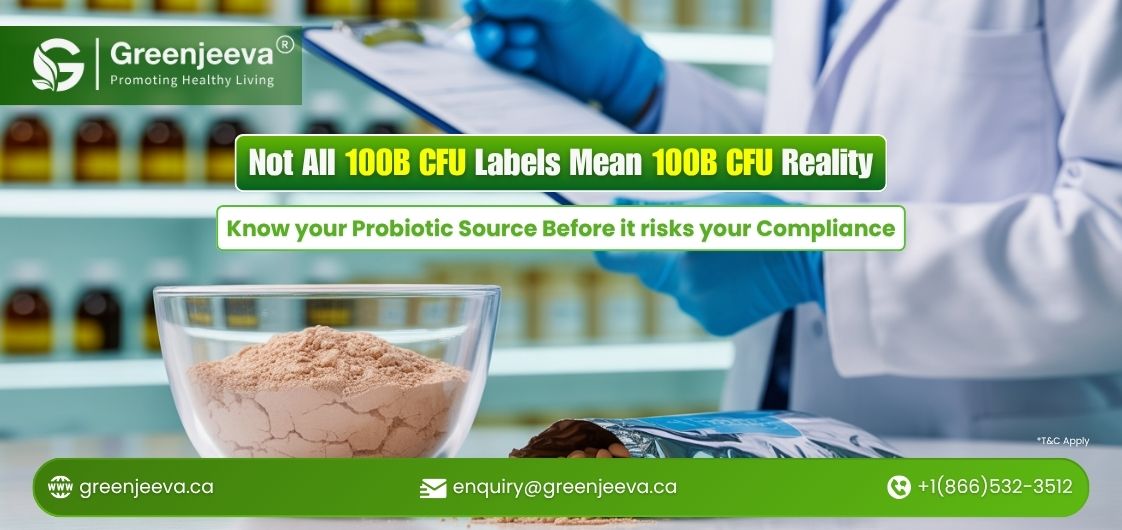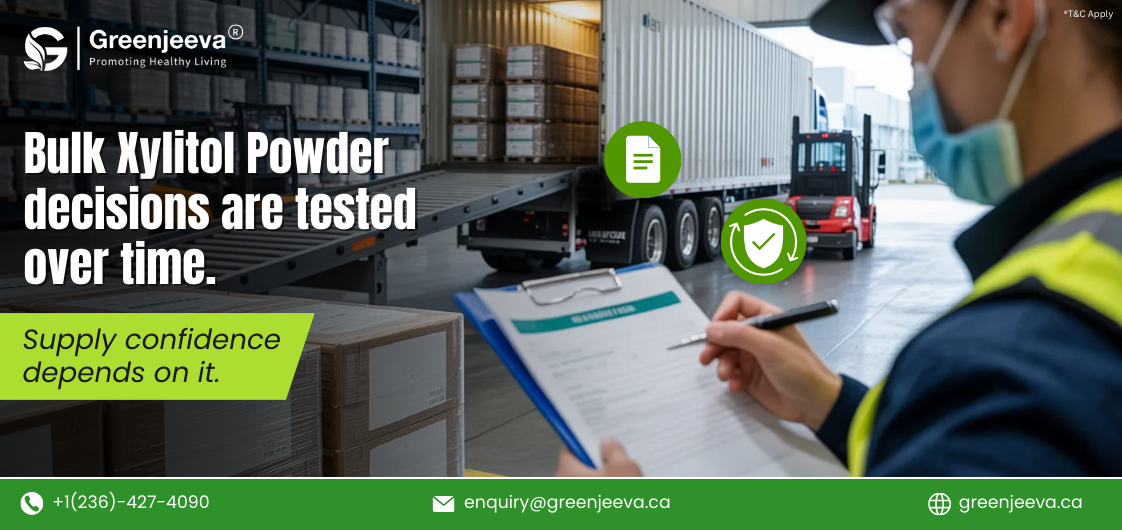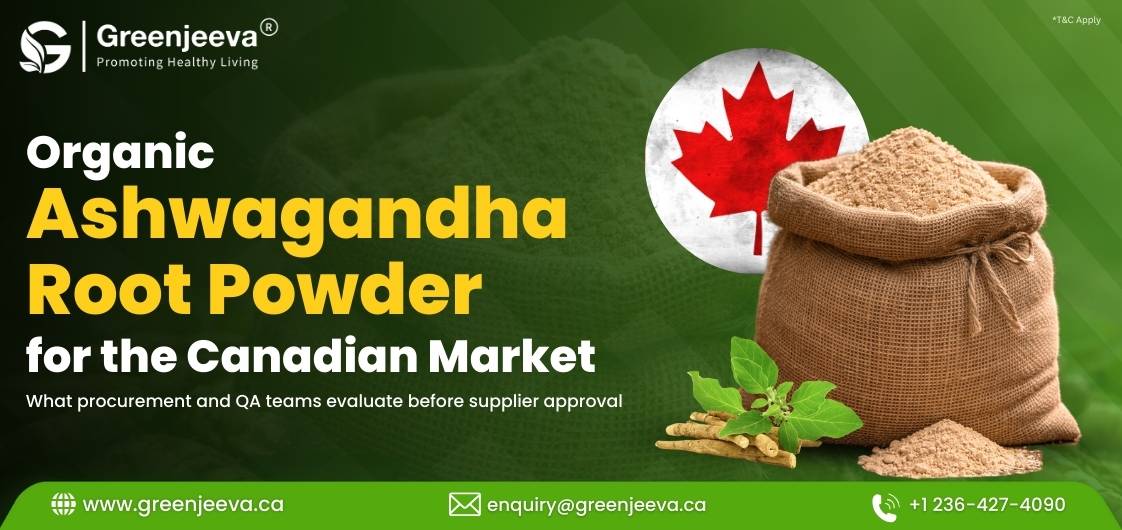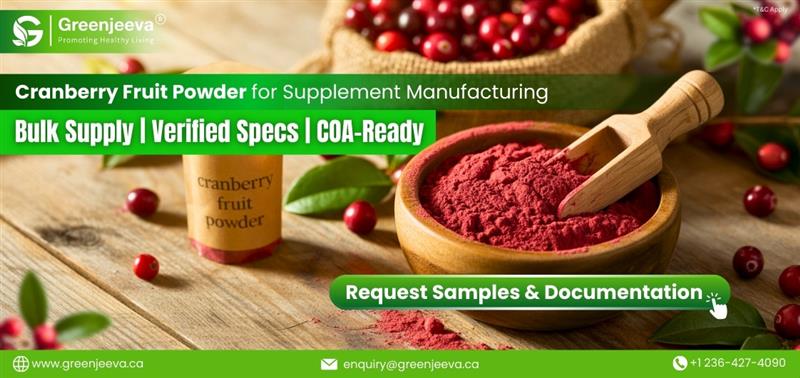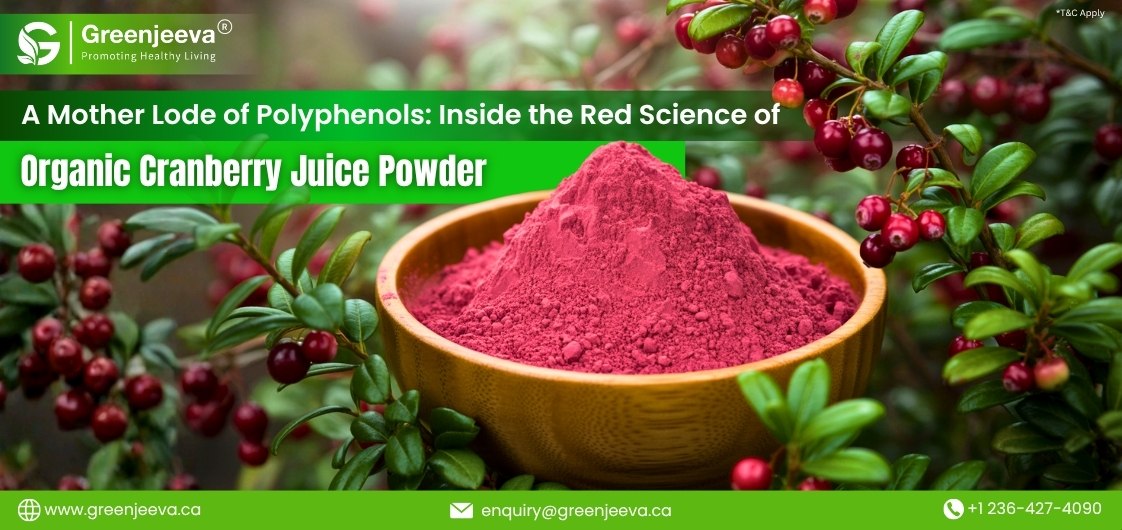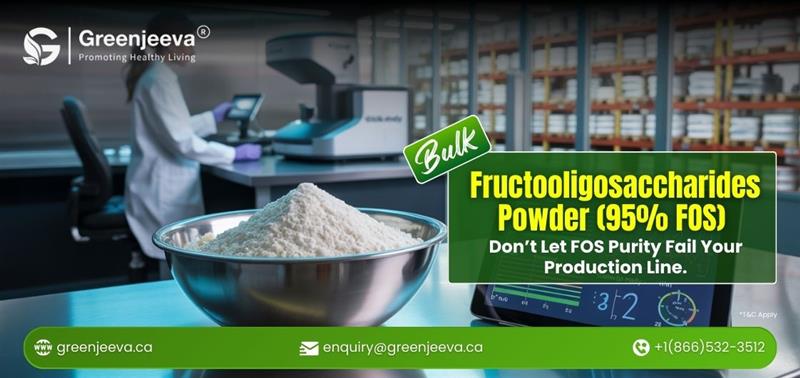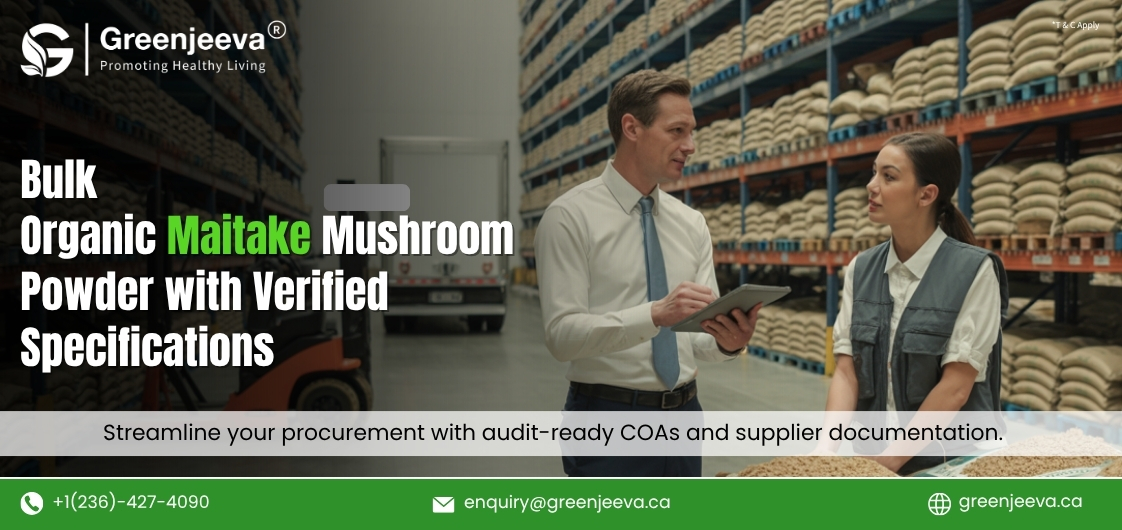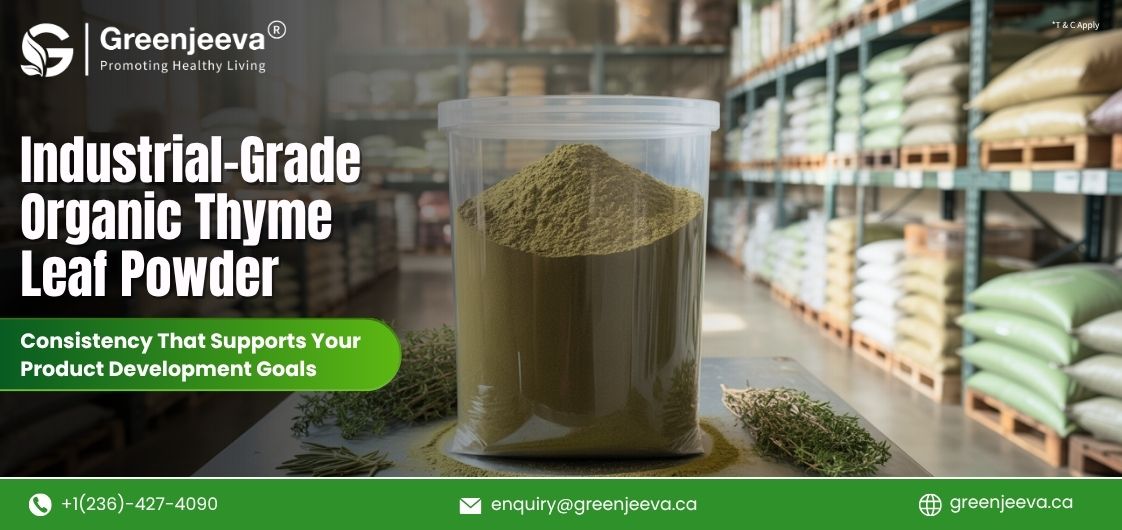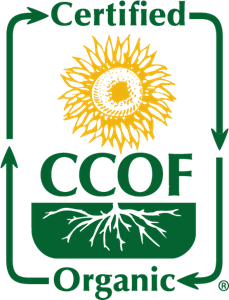If you manage sourcing or quality assurance for a nutraceutical brand in Canada, you already know — the probiotic supply chain has changed.
Rising CFIA scrutiny, consumer demand for verified potency, and documentation-heavy compliance mean that choosing a bulk Bacillus clausii powder supplier Canada is no longer a linear decision.
It’s a risk audit.
In 2024–2025, North America’s probiotic ingredient market surpassed USD 70 billion, with functional foods and supplements driving most of that growth. Yet behind the glossy growth charts lies a quieter truth: procurement teams are spending more hours verifying what their suppliers claim — especially for high-potency ingredients like Bacillus clausii 100B CFU/g.
In the race to stay compliant, buyers aren’t just comparing prices per kilogram anymore — they’re comparing purity, documentation reliability, and operational transparency.
What Makes Bacillus clausii So Relevant to North American Formulators
Unlike most lactic acid bacteria, Bacillus clausii is a spore-forming probiotic, meaning its cells survive harsh processing environments — heat, pressure, and pH changes.
That stability makes it ideal for use in:
– Nutraceutical tablets and capsules
– Shelf-stable probiotic gummies
– Functional beverages
– Dry blends and effervescent formulations
A Bacillus clausii 100 Billion CFU/g bulk supplier North America provides the potency and versatility that formulators crave. Its spores remain viable through manufacturing, logistics, and even high-temperature storage — reducing the need for cold-chain transport.
But that same advantage also introduces risk. Because spores are harder to analyze visually, buyers must rely heavily on authentic documentation, validated assays, and COA accuracy to ensure what’s being purchased actually meets 100B CFU/g claims.
Pain Point #1: Can We Trust the CFU Count?
Every sourcing team has faced this dilemma — a supplier offers a “100B CFU/g” probiotic, but the real potency drops to 70B or lower upon testing.
In Canada, where Health Canada’s NHPD and CFIA closely monitor probiotic potency claims, this discrepancy isn’t just inconvenient — it’s a potential compliance breach.
Authentic bulk Bacillus clausii powder suppliers use HPLC and plate count validation methods to prove CFU accuracy. Reputable vendors also conduct stability testing under accelerated conditions to demonstrate how viable the spores remain over 24 to 36 months.
If a COA doesn’t list:
– CFU verification date
– Testing method (USP <2021>/<2022>)
– Analyst initials or lab reference
then that batch’s numbers are likely unverified.
Procurement Insight:
A trusted probiotic ingredient supplier Canada will always include detailed CFU degradation data and share validation certificates on request. If they hesitate, you’re buying uncertainty — not probiotic assurance.
Pain Point #2: Do We Have Complete Documentation for CFIA?
Incomplete paperwork is the single biggest reason probiotic shipments are delayed at Canadian ports.
Many suppliers outside North America use inconsistent templates or omit essential data like microbial safety, non-GMO status, or allergen declarations. For CFIA-compliant Bacillus clausii suppliers, proper documentation isn’t an afterthought — it’s part of the sales process.
Here’s the baseline of what you should expect in your probiotic documentation pack:
– Certificate of Analysis (COA): With CFU results, microbial limits, heavy metal data
– Specification Sheet: Appearance, mesh size, odor, solubility
– MSDS / SDS: Safety and handling guidance
– Non-GMO, Allergen & BSE/TSE Statements
– Manufacturer’s Batch Record & Traceability Document
A Bacillus clausii 100B CFU/g bulk supplier Canada that maintains these documents upfront allows you to cut compliance lead times by up to 40%, according to trade data from Canada’s nutraceutical imports registry.
Procurement Insight:
Always request documents before a PO is signed. A supplier that promises “to send later” usually doesn’t have consistent record management — a red flag for CFIA audits.
Pain Point #3: What If the Batch Isn’t What the Label Claims?
Probiotic adulteration doesn’t always look obvious. Some traders repackage imported Bacillus clausii lots and resell them as “premium” products — without proper batch traceability or updated potency results.
The danger? You can’t prove the CFU value, the strain authenticity, or even the country of origin during an inspection.
A trustworthy Bacillus clausii powder wholesale supplier North America maintains:
– Batch-specific COAs with matching invoice numbers
– Lab-validated strain ID (genetic sequencing or MALDI-TOF verification)
– Updated shelf-life data verified by third-party labs
Risk Tip:
If a supplier’s documents reference another company’s lab logo or unrelated certificate numbers — walk away. Authentic suppliers own or directly control their analytical validation process.
Risk Mitigation 101: 5 Steps Smart Buyers Follow Before a PO
Sourcing Bacillus clausii isn’t just about price — it’s a compliance checklist. The best procurement teams in Canada follow a pre-PO audit that includes:
Verify COA Integrity:
Ensure the certificate matches the batch code and shows clear CFU results.
Check Testing Standards:
COA should reference USP <2021>/<2022> microbial methods, not generic “in-house” formats.
Assess Traceability:
A reliable bulk Bacillus clausii supplier Canada can provide full documentation of manufacturing and QC checkpoints.
Evaluate Shelf-Life Proof:
Review stability data — both real-time and accelerated — to confirm 24–36 month viability.
Risk Insight:
Procurement teams that implement these five steps report fewer CFIA delays and higher repeat-batch consistency across multiple product cycles.
The Local Advantage: Why Canadian Warehousing Is a Competitive Differentiator
Even the best ingredients lose value if logistics fail. That’s why local probiotic warehousing Canada has become a key selection factor for B2B buyers.
When a supplier maintains inventory within North America — ideally in temperature-controlled, it transforms procurement from reactive to responsive.
Here’s why:
1. Faster Sample Access
No waiting for international shipments. Samples can be dispatched in 1–2 business days for QA validation.
2. Simplified CFIA Clearance
Local stock means documentation can be verified pre-import, reducing border clearance time.
3. Reduced Freight Risk
Probiotic spores are sensitive to moisture and extended transit. Regional warehousing minimizes environmental fluctuation risk.
4. Supply Chain Resilience
In an era of freight delays and global volatility, melatonin and Bacillus clausii buyers who rely on local inventory avoid production halts.
5. Consistent Batch Traceability
Local suppliers can quickly share digital trace records and documentation — no time lost chasing overseas paperwork.
Procurement Insight:
In 2025, proximity = performance. Partnering with a Bacillus clausii powder bulk supplier North America who manages domestic warehousing guarantees agility, predictability, and peace of mind.
Documentation Speed: The True Measure of Supplier Credibility
Price fluctuations in probiotics are inevitable. But the real differentiator between suppliers isn’t cost — it’s how quickly they can produce compliant paperwork.
In surveys conducted among Canadian procurement managers (NHP & functional food sectors), over 78% cited documentation delays as their biggest sourcing challenge in 2024.
A CFIA compliant Bacillus clausii supplier that pre-validates every COA, maintains digital spec sheets, and supports bilingual (EN/FR) documentation sets the gold standard.

Operational Insight:
When a supplier’s documentation process is integrated into their logistics workflow, your regulatory team saves an average of 20–30 hours per shipment.
That’s time your QA team can spend on what matters — formulation performance, not file-chasing.
The Procurement Playbook: Building a Reliable Sourcing Framework
Smart buyers use a three-tier framework before renewing or switching their probiotic supplier:
Tier 1: Verification
Check purity, potency, and test compliance (COA + microbial + stability).
Tier 2: Validation
Cross-verify supplier certifications ( ISO 9001/22000, FSSC) and operational process flow.
Tier 3: Continuity
Audit logistics support — does the supplier have local stock, quick batch replacements, and documentation readiness for emergency imports?
Pro Tip:
Suppliers who fail at Tier 3 — even with a strong COA — eventually disrupt your business continuity.

The North American Bacillus Market: Growth with Accountability
According to Data Bridge Market Research, the North American probiotic market is projected to grow at a CAGR of 8.1% through 2030, with spore-forming strains like Bacillus clausii leading innovation in shelf-stable applications.
This growth, however, comes with stricter oversight. Both Health Canada and the U.S. FDA are emphasizing data-backed CFU validation, supplier traceability, and clean-label compliance.
In this environment, partnering with a transparent, Bacillus clausii 100 Billion CFU/g bulk supplier North America who can back claims with science, not slogans, is no longer optional — it’s a market requirement.
Conclusion: From Risk to Reliability
For Canadian procurement and QA teams, buying probiotics is no longer just a supply exercise — it’s a risk management strategy.
Your chosen bulk Bacillus clausii powder supplier Canada should deliver three things, every time:
– Verified CFU stability — scientifically proven, transparently documented.
– Regulatory documentation readiness — CFIA/NHPD aligned, bilingual if needed.
– Operational reliability — local warehousing, consistent lead times, proactive communication.
In 2025’s hyper-regulated probiotic market, peace of mind is the new performance metric. And the brands that master it? They don’t just buy ingredients — they build systems of trust.


